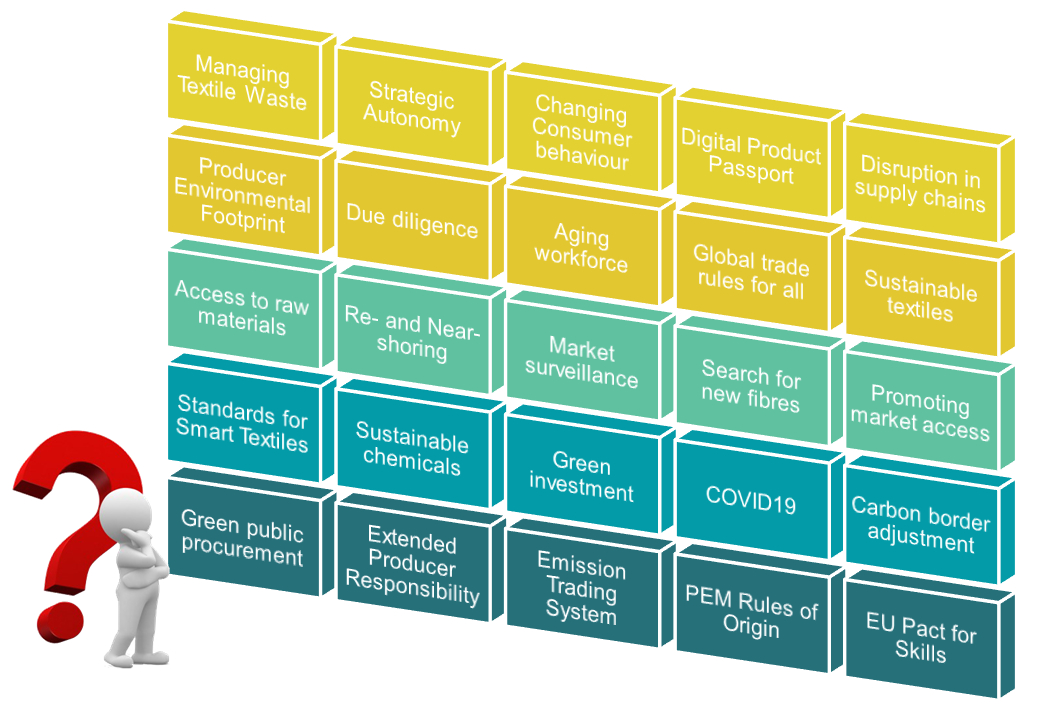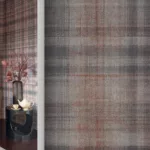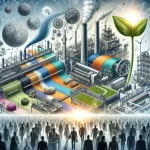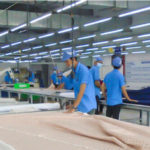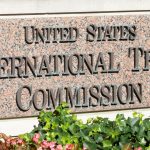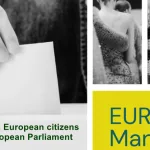EURATEX 9th Convention at Antwerp Shows European Textiles and Apparel Sector Alive and Kicking !
EURATEX 9th Convention was successfully conducted on 9 and 10 November in Antwerp, back-to-back with the 36th IAF World Fashion Convention. The event brought together, under Belgian ‘Covid Safe’ conditions, well over 250 apparel and textile industry professionals, from across Europe and beyond.
Under the theme “A new paradigm for the European Textiles & Apparel Industry”, the convention focused on the impact of the corona pandemic and the role of the European Union in boosting the competitiveness of our industry. If well designed, the upcoming EU Textiles Strategy and the new EU Industrial Strategy offer an opportunity to shape a new framework, which should allow European textile companies to prosper. That was certainly the message of Commissioner Breton in his opening speech. The plenary panel discussion, with representatives from fibres, apparel, luxury brands, and textile machines, confirmed the need to develop a common strategy across our supply chain; only by working together we can turn challenges – related to sustainability, transparency, level playing field, etc. – into opportunities.
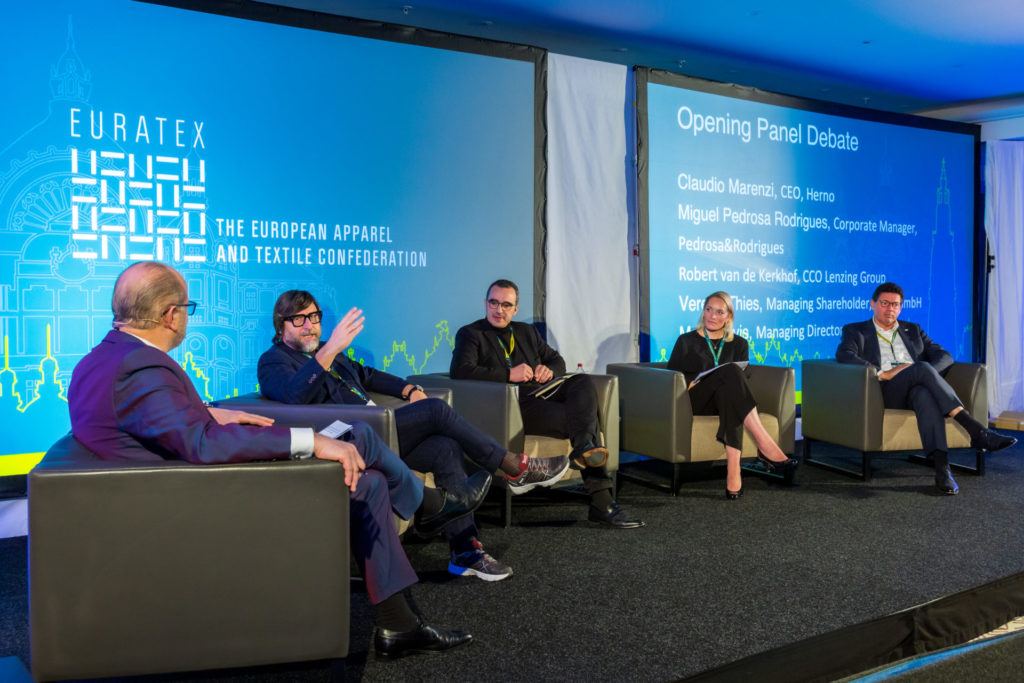
Nine different workshops focused on specific aspects on that EU strategy: how to manage textile waste, the importance of traceability, the impact of the new chemical strategy, the need for new skills, relations with Turkey and the global trade dimension, EU support programmes. Each workshop offered an insight in the “Brussels agenda” and allowed participants to share their perspective and proposals.
The convention was also an opportunity to get together again, after nearly 2 years of virtual dialogue. There was intense networking during the different breaks and at the Antwerp Fashion Museum on Monday evening.
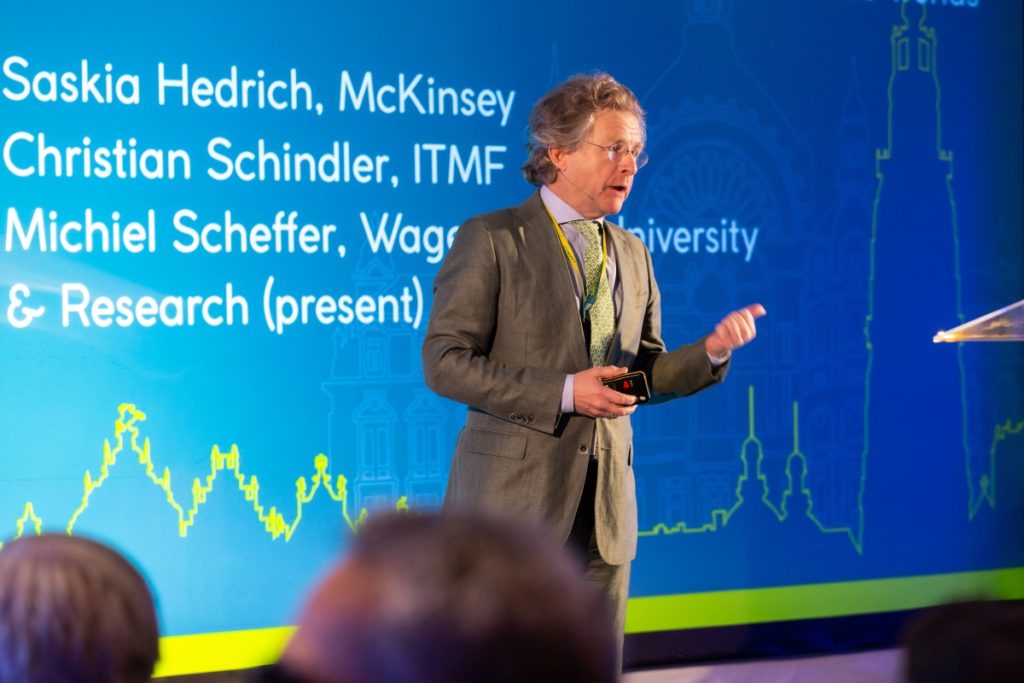
With so many topics on the table, so many positive ideas circulating, the convention delivered on its purpose to bring the entire industry together and move forward with confidence. It also gave a boost to EURATEX’ work, in promoting the European textile and apparel industry.
|
The programme
| Time | Session | Overview | Speaker |
| 09:00 – 09:05 | Welcome | Welcome to all participants. | Alberto Paccanelli (EURATEX President) |
| 09:05 – 09:10 | Keynote Video Message | Setting the scene. | Thierry Breton (European Commissioner for Internal Market) |
| 09:00 – 10:00 | Opening Session | What are the future challenges for textile and apparel companies? Follow the panel debate with visionary CEOs. | Claudio Marenzi (CEO of Herno) Miguel Pedrosa Rodrigues (Corporate Manager of Pedrosa&Rodrigues)Verena Thies (CEO of Theis) Robert Van De Kerkhof (CCO of Lenzing) Moderator: Mark Jarvis (Managing Director, WTiN) |
| 10:00 – 10:30 | Coffee Break | ||
| Morning Workshops | |||
| 10:30 – 11:30 | Traceability | Traceability becomes an essential condition in the textiles and apparel industry, with applications into the EU’s due diligence proposals and the digital product passport. How to prepare for that development and which technical options exist already today? | Maria Teresa Pisani (Economic Affairs Officer, UNECE)
Jo Van Landeghem (Quality, Safety & Sustainability Officer, Creamoda) |
| 10:30 – 11:30 | Textile waste recycling | As of 2025, the collection of textiles will be mandatory across Europe. What will happen with collected textiles and how is the industry preparing itself to turn this valuable resource into a new business model? | Matteo Magnani (Ellen MacArthur Foundation, Project Manager)
Jonas Eder-Hansen (Global Fashion Agenda, Public Affairs Director) |
| 10:30 – 11:30 | Going global | Can European companies conquer new markets, open facilities in other countries and at the same time keep their European ones? How does it fit into the European Trade policy? | Otakar Petracek (Mileta, Chairman)
Dirk Vantyghem (EURATEX, Director General) |
| 11:45 – 12:45 | EU-Turkey Relations | Apparel and textile industry of Turkey is an integrated industry with the EU in many terms. The current political, legal and business environment, from EU-Turkey Customs Union modernization to the implications of EU Green Deal, is highly affecting the industry relations between the EU and Turkey and creates challenges. Within this environment, which strategies should be adopted to build further connection between the apparel and textile industries of the EU and Turkey is an important point of discussion. | Bülent Özipek (Board Member, ITKIB) Pınar Artıran (Assistant Professor of Private International Law, WTO Chair Holder) Bahar Güçlü (Deputy Director General, Ministry of Trade) |
| 11:45 – 12:45 | The skills challenge | Attracting young skilled workers is becoming the most important challenge for to the industry. Moreover, the new workforce needs to have digital and green skills. How can education and companies work together? How can the EU help solving the issue? | Roger Gerards (Director, Master Tailor Institute Amsterdam)
Elena Lai (ETSA, Secretary General) |
| 11:45 – 12:45 | Product Environmental Footprint (PEF) | Measuring the environmental impact of products remains a major challenge. The Product Environmental Footprint (PEF) method aims to help consumers recognising sustainable products and to support companies against greenwashing. How does PEF work in practice and what it can/cannot deliver? | Andrea Crespi (Eurojersey, CEO)
Mauro Scalia (EURATEX, Director of Sustainable Businesses) |
| 13:00 – 14:00 | Lunch | ||
| Afternoon Workshops | |||
| 14:30 – 15:30 | EU funding and programme opportunities | The new EU Budget offers a wealth of programmes where T&C can benefit from (innovation, digitalisation, etc.). Which are the most relevant programmes and how to successfully participate? | Lutz Walter (ETP, Secretary General)
Jan Laperre (Centexbel, General Manager) |
| 14:30 – 15:30 | The new EU chemical strategy | The strategy foresees an action plan to phase the most hazardous substances out of the market, including PFAS – the use of which will be allowed only if essential. Amongst the challenges: better enforcement, setting criteria for safe-and-sustainable by design chemicals, revision of REACH, strengthening the investment capacity of the industry, etc. | Sylvie Lemoine (CEFIC, Executive Director Product Stewardship)
Leigh Stringer (Chemical Watch, Managing Editor Europe) |
| 14:30 – 15:30 | Energy efficiency and decarbonisation | The European Commission launched its “Green Deal Package (former “Fit for 55” package), which aims to align EU rules with the newly agreed 55% emissions reduction target for 2030. The package will look at revising the ETS system, preparing for the introduction of a Carbon Border Adjustment system (CBAM), revising the Effort Sharing Directive and more. What will be the impact on T&C companies? How should we be prepared? | Michael Engelhardt (Senior Expert Energy and Climate Policy, T+M)
Cecilia Tall (Secretary General, TEKO) |
| 15:30 – 16:00 | Coffee break | ||
| 16:00 – 17:00 | Closing Session | Can the industry come up with a new business model able to tackle all these changes?
Speakers from the 9 workshops will present the debate in their own workshop, the challenges and solutions. |
|
| 17:00 – 18:00 | Networking Cocktail | Finally, a moment to relax and enjoy the company of all participants! |
EURATEX wants to thank all participants, speakers and sponsors of the event. We look forward to evaluate, one year from now, how this paradigm shift is taking shape and our companies are prospering in this rapidly changing economy.
(Courtesy: Euratex)

